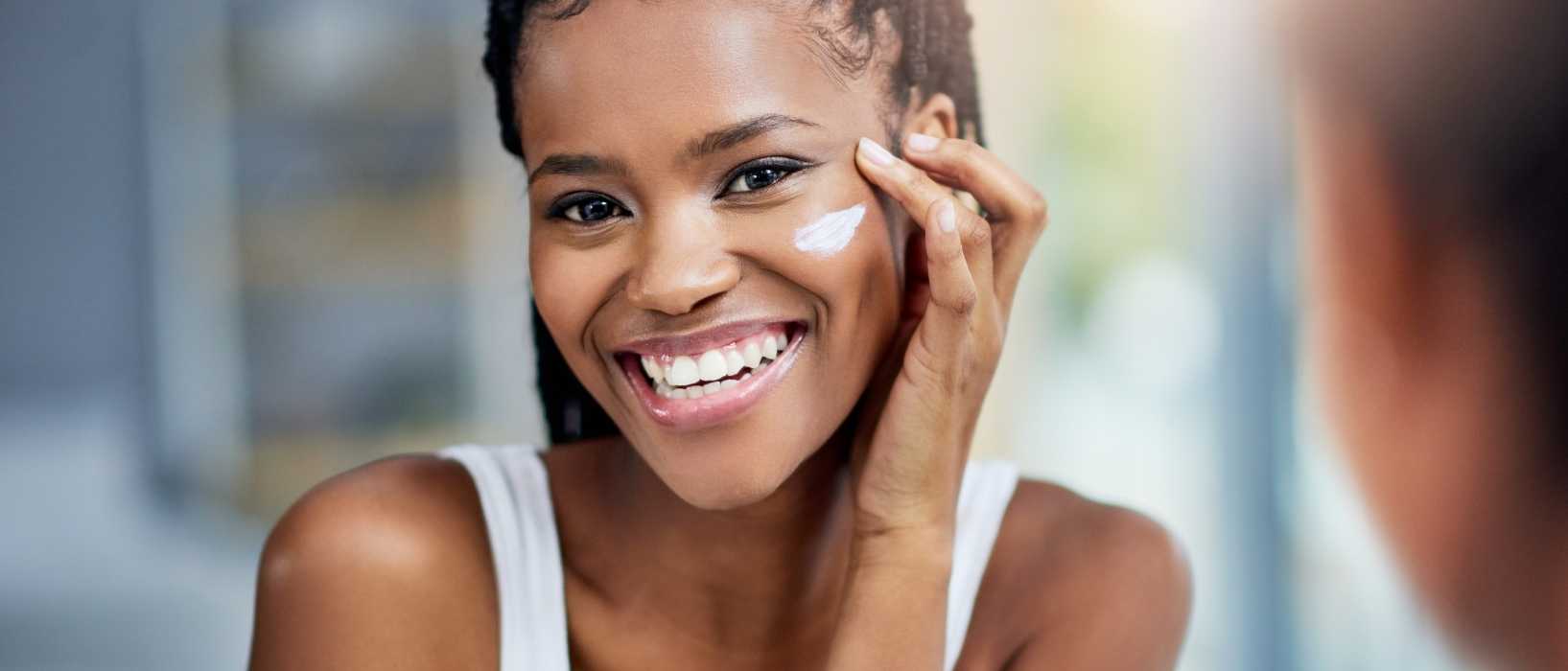COP26 is over, but the work to solve climate change and other global issues continues on.
This week, we look at the final two Sustainable Development Goals; to promote cooperation and create a better society for all of us.
Goal 16 specifically looks at promoting peaceful and inclusive societies, providing access to justice for all, and building effecting, accountable, and inclusive institutions at all levels.
People everywhere need to be free of fear from all forms of violence, no matter their ethnicity, faith, gender, or sexual orientation. Sadly, the world is still a long way from achieving this.
Conflict, insecurity, weak institutions, and limited access to justice continue to pose a threat to sustainable development.
For example, the number of people fleeing war, persecution, and conflict exceeded 70 million in 2018, the highest level recorded by the UN refugee agency in almost 70 years.
On top of that, the UN recorded 69,276 civilian deaths in just 12 of the deadliest armed conflicts between 2018 and 2020. This means that in 2020, there were five civilians killed per 100,000 population.
Freedom of speech also remains a major issue, with 357 killings and 30 enforced disappearances of human rights defenders, journalists, and trade unionists in 2019 alone.
The Covid-19 pandemic highlighted the inequalities faced globally. It has tested, weakened, and in some cases even shattered rights and protection systems around the world.
The sharp rise in unemployment has also caused a spike in human trafficking around the globe, with the first rise of child labour in over two decades.
Making this issue worse, the births of around 1 in 4 children are never officially recorded, depriving them of proof of legal identity crucial for protecting their rights and for access to justice and social services.
Despite the challenges in the way, the world has been making slow progress towards goal 16.
For example, the number of independently functioning national human rights institutions in sub-Saharan Africa and Europe increased by three.

The final goal, 17, seeks to strengthen the means of implementation and revitalize the global partnership for sustainable development.
Essentially, it states that without strong international cooperation that puts people and the planet at the centre, the Sustainable Development Goals will not be achieved.
International support for the Sustainable Development Goals has been steady so far, yet fragile. There are significant and persistent challenges in the way, including the scarcity of financial resources, the increase of trade tensions, and the lack of crucial data.
Many countries still rely on Official Development Assistance to encourage growth and trade, but at the same time aid levels are falling, and developed countries have not lived up to their pledges to ramp up their contributions.
Of the 114 countries and territories involved in development cooperation, fewer than half reported any progress towards strengthening multi-stakeholder partnerships for development.
Furthermore, the rate of new nations signing bilateral investment treaties has slowed to the point of stagnation in recent years, following a rapid increase in the 1990s.
Trade also remains a persistent issue, with the share of least developed country exports in global merchandise trade remaining constant at 1% from 2011 to 2019.
The target of doubling this share by 2020 was not achieved.
With multilateral and global partnerships already challenged, the COVID-19 pandemic has administered a further unprecedented shock to the global system.
The crisis has led to debt distress in many countries and territories, limiting their fiscal and policy space for critical recovery investments, climate change, and sustainable development.
This not only slows our progress towards the goals, but prolongs the recovery periods of each country.
The persisting digital divide was also made clear by the pandemic, with just over half of the world’s population online in 2019. This is split mostly by region, with only 20% of people in the least developed countries being connected.
One potential benefit of the pandemic, however, is that we have seen an increase and a focused attention on the crucial role of global partnerships and cooperation.
This is more important than ever, as a global response will be needed to address the compounding and parallel health, economic, and environmental crises and to use the Sustainable Development Goals as framework to build a brighter future.

World leaders, governments, and communities worldwide must all work together to help implement lasting solutions that will reduce violence, deliver justice, combat corruption, and ensure inclusivity.
The freedom to express views must be guaranteed. Laws and policies must be applied without any form of discrimination.
Disputes need to be resolved through functioning and unbiased justice systems. National and local institutions must be held accountable.
This is a lot to ask any country, no matter how developed, to achieve. Yet, with cooperation and the mobilization of existing and additional resources, it is possible.
It will also require developed countries to live up to their commitments and provide financial assistance to help the development of poorer nations.
It’s not only up to policymakers, however. Anybody can get involved.
You can join or create a group in your local community to support action towards the Sustainable Development Goals, or encourage governments and businesses to do so themselves.
Exercise your right to freedom of information and share your opinion with your elected officials. Promote inclusion and respect towards people of different ethnicities, religions, genders, and sexual orientations.
Together, we can help to improve conditions and create a brighter and better future for us all.











